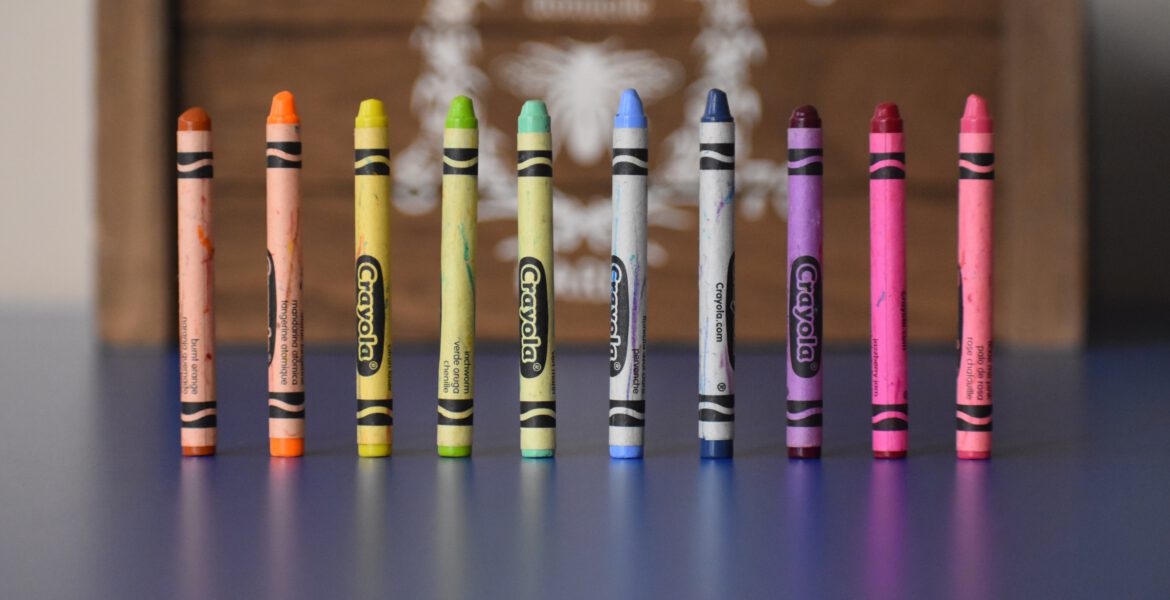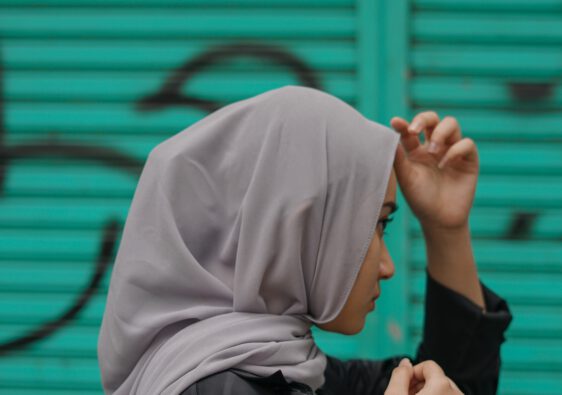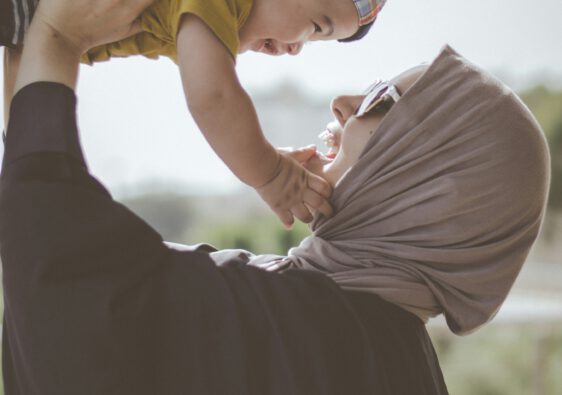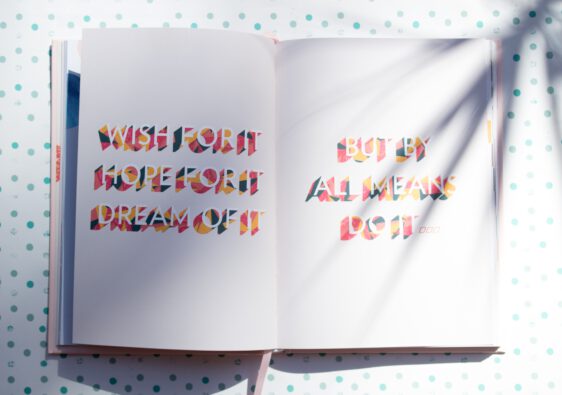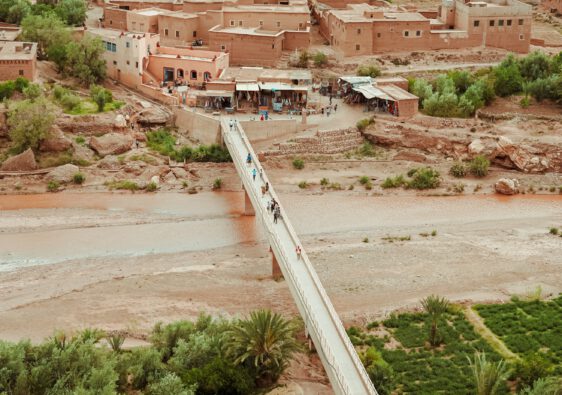D&I Kindergarten Edition
One day, as I picked up my then 5-year-old son from Kindergarten, he started venting about how something ‘really not cool’ had happened earlier that day. One of his good friends made fun of another boy’s name, other kids joined in and it spiralled into what my son described as ‘vraiment pas juste’ (not fair).
He was clearly affected by what happened. His teacher told me that he even tried to explain, in his own words, that parents put a lot of love in choosing their children’s name and that maybe it means a lot to them or reminds them of someone special … he added that it might not be something we are used to hear but it doesn’t mean it is ugly or weird.
I was very proud but also kind of sad. My little boy knows this because he went through it himself when he was about 4 years old. He has an Arabic name, written and pronounced the Moroccan way. I do not believe in giving ‘international names’ to make our children’s integration easier (it is a bit more complicated than that) and I also do not think that we, as immigrants, need to be that invisible.
So, my son was told when he was 4 that his name was stupid because “I have never heard it before”.
That day, even though he was so young, I talked to him about identity, difference and diversity. I told him that he always needs to be aware of these things whether he is in the giving or receiving end. I also told him that some people are just stupid but that’s another story.
This small incident gave me the “opportunity” to introduce such a complicated and complex topic to my young son. What he told his friends a year later was what I tried to explain about different experiences, lifestyles, origins, languages… You don’t need to wait until you are directly involved to introduce your children to diversity but if you are a minority, you will probably have that talk earlier than expected. I am also aware that all the conversation of the world are not enough if there is no general effort to take Diversity and Inclusion more seriously as early as possible.
Exposing children to other ways of life is one way to teach them empathy.
In the early years of life, young children are naturally ego-centric and only think about themselves and their immediate needs. However, developing a sense of empathy is an important developmental milestone for young children. Empathy’s most simple definition is having the ability to understand and share the feelings of another. In other words, it means caring for others, but also understanding our differences.
We live our lives based on our experiences, and to be empathetic we must listen to the experiences and life stories of others. It is important that children understand that there are lots of people in this world with various beliefs, skin colours, customs, sizes, physical/mental abilities, and ways of life.
Leading education theorists, have written about the importance of cultivating young children’s abilities to communicate across differences as an essential part of education in a globalised world. Diversity activities teach young children to respect and celebrate the differences in all people (even their own).
Diverse and inclusive classrooms bring the world to your child’s doorstep, don’t close the door.
The commitment to embracing cultural diversity begins in childhood and it doesn’t happen by chance. I believe that it is our responsibility as immigrant parents to push for the integration of such topics in our children’s curriculum. We all carry our cultures with us in everything we do. They’re all around us- the values we teach them, the food that we eat, the languages we speak, the stories we choose to tell them. When children see their families’ cultures represented and celebrated, and when they are guided to find harmony between both worlds, they are significantly more likely to develop positive identities.
No matter where we come from it is important to talk to our children, from a very young age, about these things. If you belong to the ethnic, religious … majority you have the responsibility to actively expose your children to as much diversity as possible and if you are an immigrant or a minority yourself you need to equip your children with the right tools for them to own their diverse background, celebrate it and share parts of it with their social circles.
Photo by Alexander Grey on Unsplash


